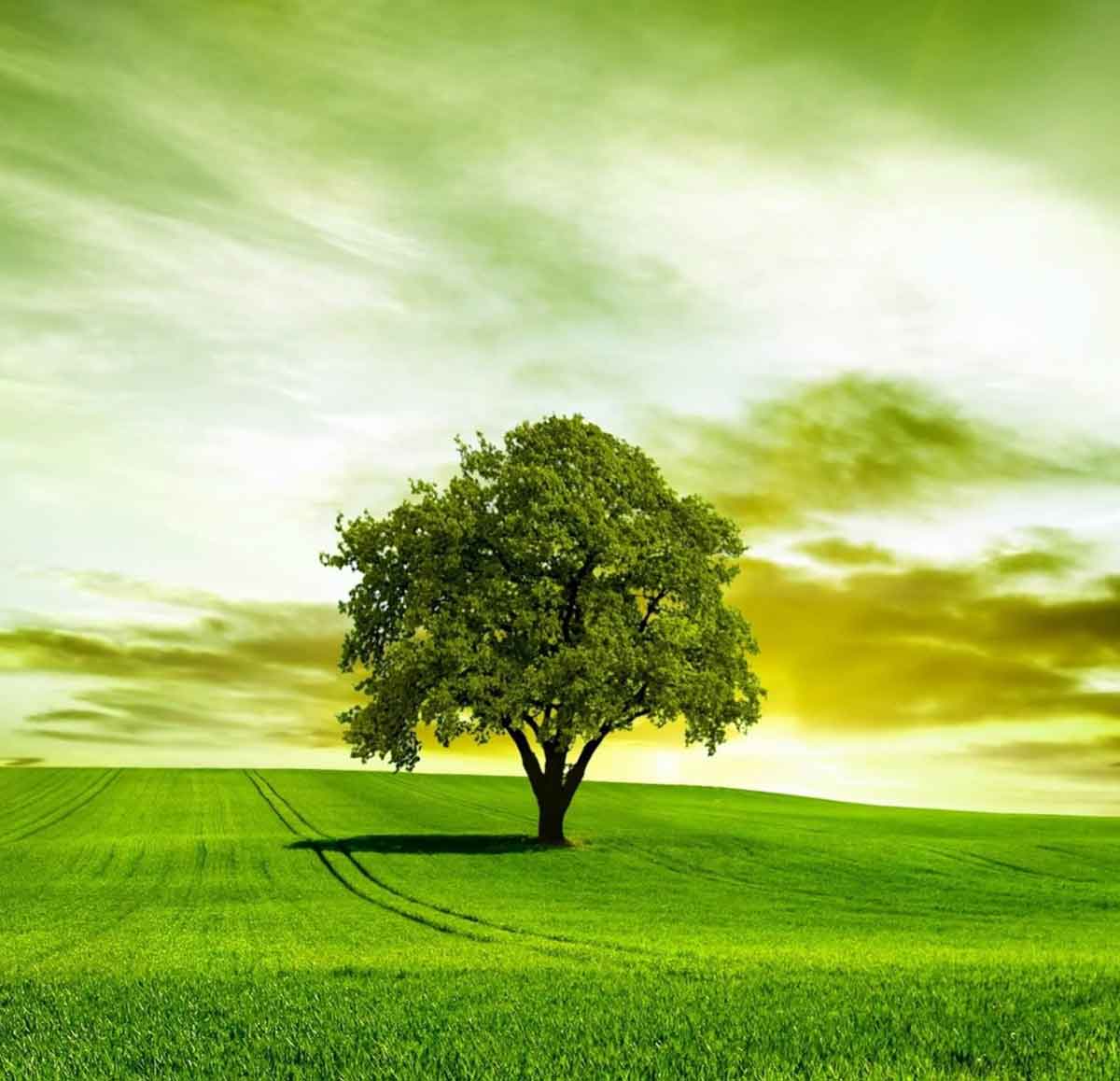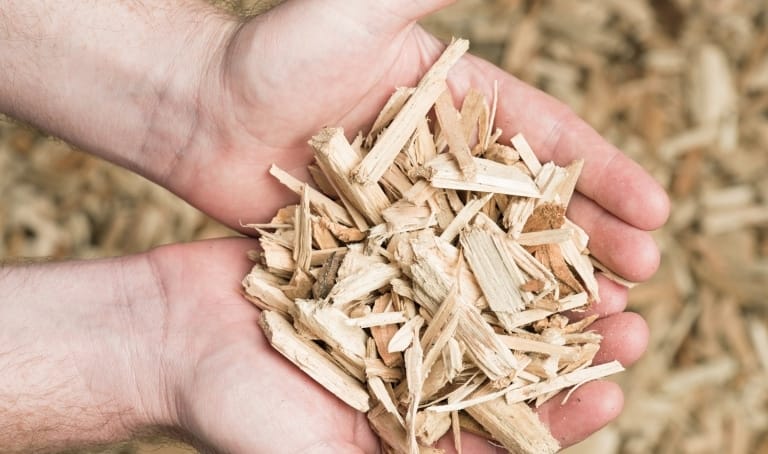Nice to know
A brief history of trees …
After the end of the last ice age (only about 10,000 years ago), abundant forests and woodland covered the country.
Over the following millennia, woodland gently declined from farming and house building activities, until around the 11th century, when trees covered about 15% of the land.
Then over the following centuries major deforestation occurred, firstly from more house & ship building, then the Industrial Revolution and finally WW1, so that by the beginning of the 20th century, trees only covered about 5% of the UK.
Over the past 100 years or so, a steady programme of afforestation has increased our forest cover back to 13% (close to the level 1,000 years ago). We now have 3 billion trees in the UK, and the great news is that it’s increasing every year!


How trees help in the fight against climate changes …
Trees are a key element in the fight against climate changes, through the process of photosynthesis when they absorb and store CO2 from the atmosphere.
The benefit of trees to the environment has been recognised by all major political parties, and the government has already committed to planting 120 million trees by 2025 to support our net-zero emissions target by 2050.
Our very own contribution in the fight against climate changes
All our wood-chip is either recycled into biomass, which will eventually power and heat our homes, or donated to several local allotment societies for paths and mulch (where over time nature will recycle any nutrients and improve the soil quality).
Waste logs are also either sent for biomass or split and dried out by one of our partners for firewood. Of course with the popularity of wood-burners, many of our customers like to keep any logs for use as firewood, which we will happily cut into manageable pieces ready for splitting at no extra cost.
Biomass and split logs are considered a sustainable and renewable fuel by the UK government, helping us to reduce our dependency on fossil fuels.
I have been a proud supporter and regular donator to the Woodland Trust for a number of years.
All hedge clippings are collected and delivered to specialised recycling companies to turn into compost.
